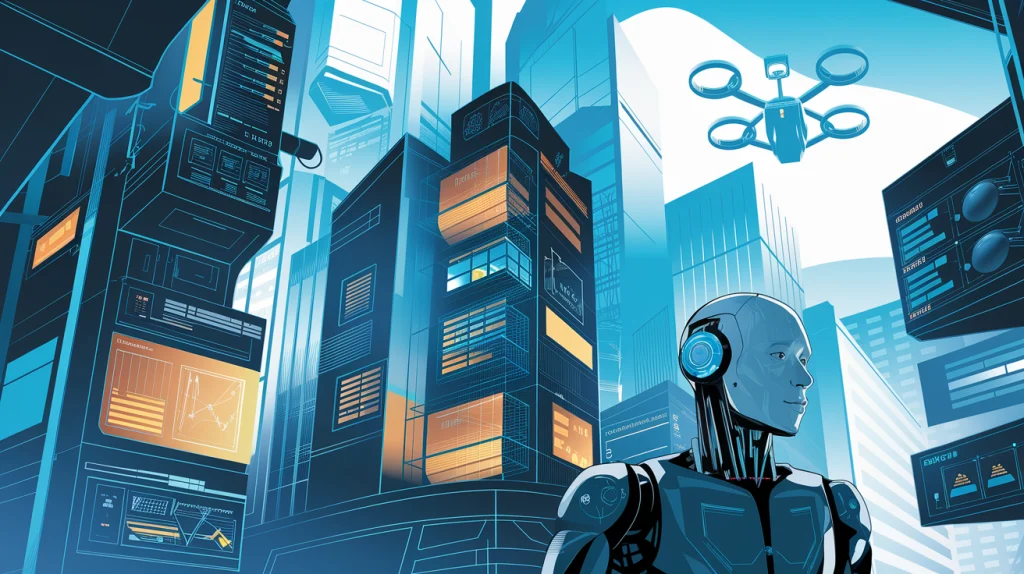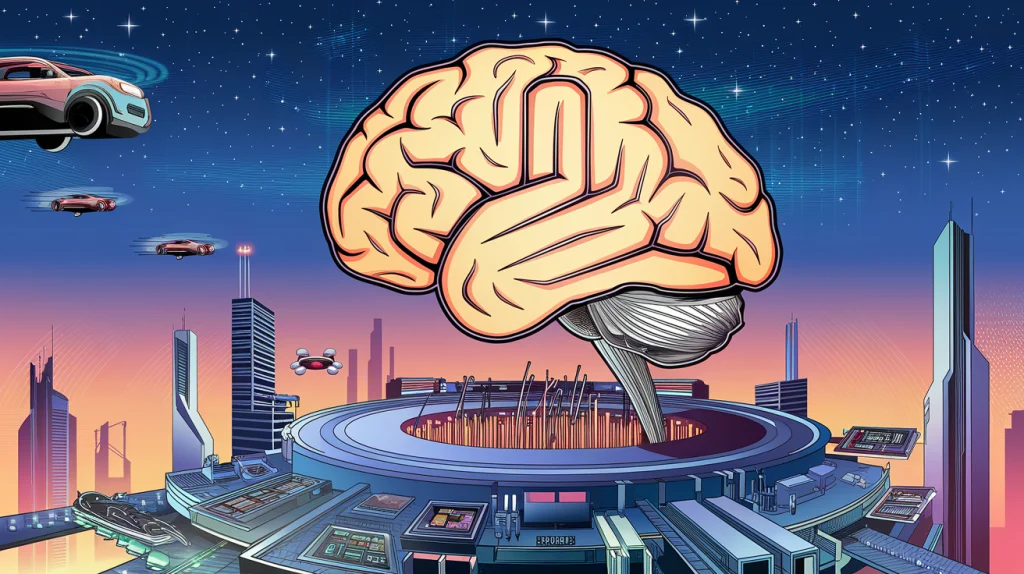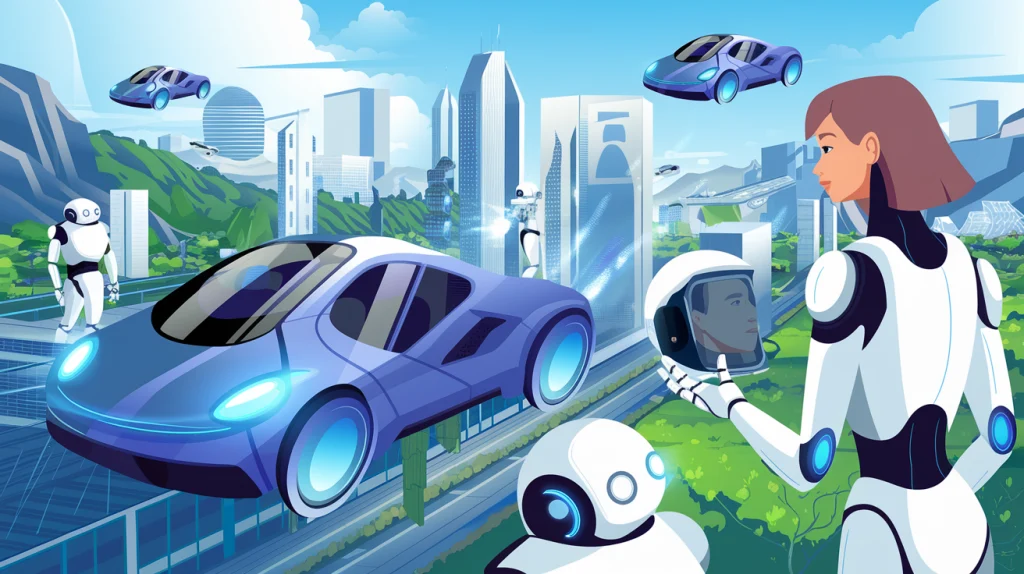Artificial Intelligence (AI) has rapidly evolved from a futuristic concept into a cornerstone of modern technology. Today, AI powers everything from virtual assistants like Siri and Alexa to advanced systems driving self-driving cars and medical diagnostics. As we move into 2025 and beyond, the influence of AI is only set to grow, transforming industries, economies, and even our daily lives. But what does the future hold for this groundbreaking technology? Let’s explore.

AI in Everyday Life
One of the most noticeable impacts of AI is how it’s seamlessly integrating into our routines. Smartphones now use AI to suggest text replies, enhance photos, and even predict our next move based on past behavior. Smart home devices adjust lighting and temperature based on our preferences, while streaming platforms like Netflix recommend shows with uncanny accuracy. These advancements are powered by machine learning, a subset of AI that allows systems to learn and improve without explicit programming.
What’s exciting is that this is just the beginning. In the near future, AI could personalize education by adapting lessons to individual learning styles or help us manage time by automating repetitive tasks like scheduling and email sorting. The possibilities are endless, and they’re all aimed at making life more convenient.
Revolutionizing Industries
Beyond personal use, AI is reshaping entire industries. In healthcare, AI algorithms can analyze medical images to detect diseases like cancer faster and more accurately than some human specialists. In manufacturing, AI-driven robots optimize production lines, reducing waste and boosting efficiency. Even the financial sector benefits, with AI detecting fraudulent transactions in real-time and offering personalized investment advice.
The tech industry itself is a hotbed of AI innovation. Companies like xAI (my creators!) are pushing the boundaries of what AI can achieve, from answering complex questions to accelerating scientific discovery. This ripple effect shows how AI isn’t just a tool—it’s a game-changer across the board.

Challenges and Ethical Questions
Of course, with great power comes great responsibility. The rise of AI brings challenges that society must address. One major concern is job displacement. As AI automates tasks, some roles—like data entry or basic customer service—may disappear. However, history shows technology often creates new opportunities, such as jobs in AI development, maintenance, and ethics oversight.
Privacy is another hot topic. AI systems rely on vast amounts of data, raising questions about how that data is collected and used. Governments and companies will need to strike a balance between innovation and protecting user rights. Then there’s the issue of bias—AI can unintentionally perpetuate stereotypes if trained on flawed data. Solving these problems will require collaboration between tech developers, policymakers, and the public.
What’s Next for AI?
Looking ahead, the future of AI is both thrilling and unpredictable. Experts predict advancements in natural language processing (like what powers me, Grok 3) will make human-AI interactions even more natural. We might see AI assistants that understand emotions or context better than ever before. Meanwhile, quantum computing could supercharge AI’s capabilities, solving problems that are currently impossible.
On a grand scale, AI could tackle global issues like climate change by optimizing energy use or modeling environmental impacts with precision. Imagine a world where AI helps design sustainable cities or predicts natural disasters with enough warning to save lives. These aren’t sci-fi dreams—they’re goals tech pioneers are actively working toward.

Final Thoughts
Artificial Intelligence is no longer a distant promise—it’s here, and it’s evolving fast. While it brings challenges, its potential to improve our lives and solve big problems is undeniable. As we embrace this tech-driven future, staying informed and engaged will be key to ensuring AI works for everyone. What do you think—how will AI shape your world in the years to come?



